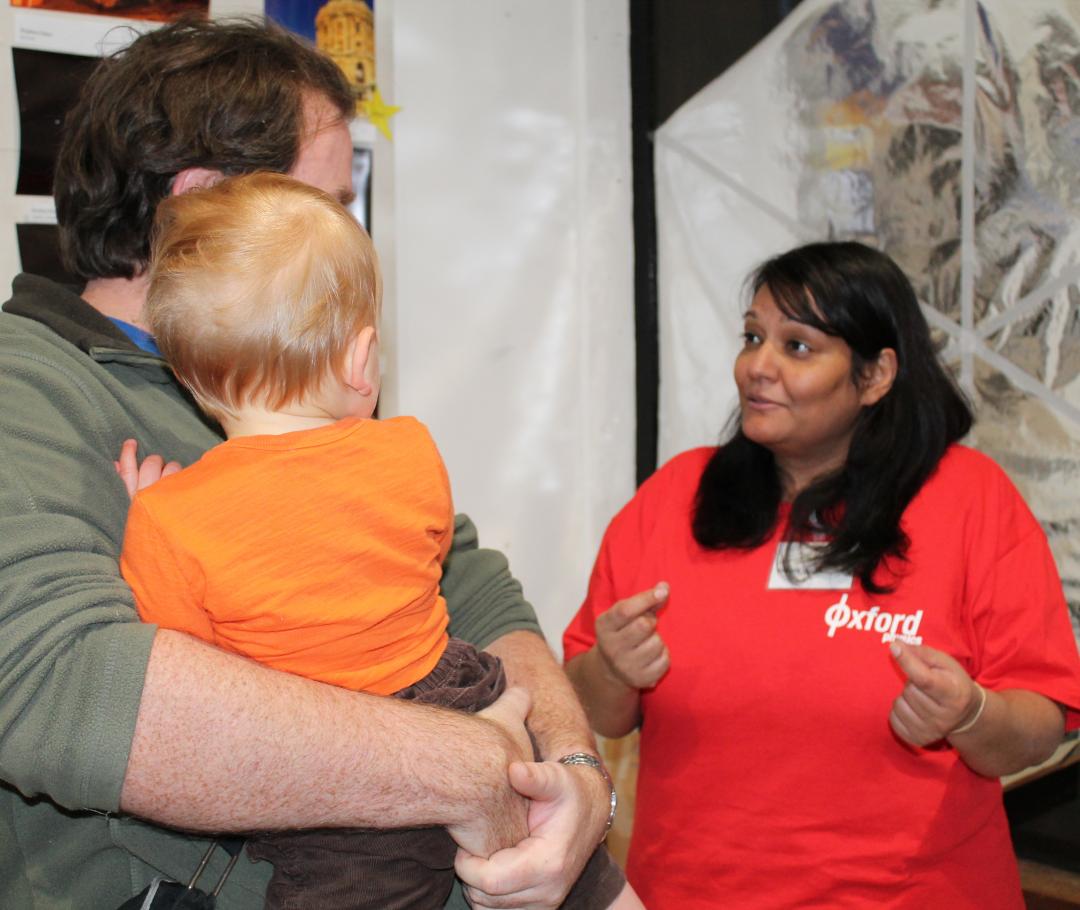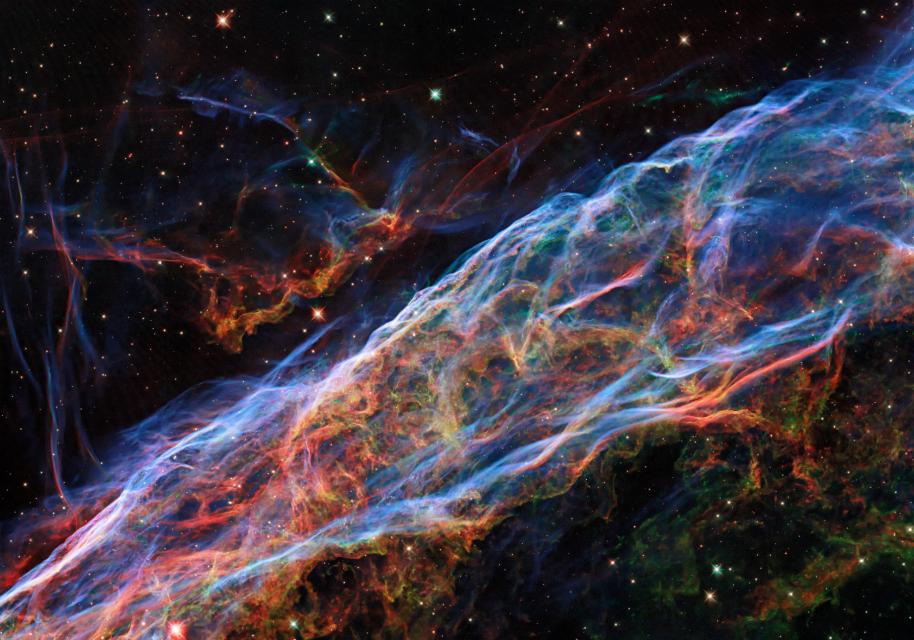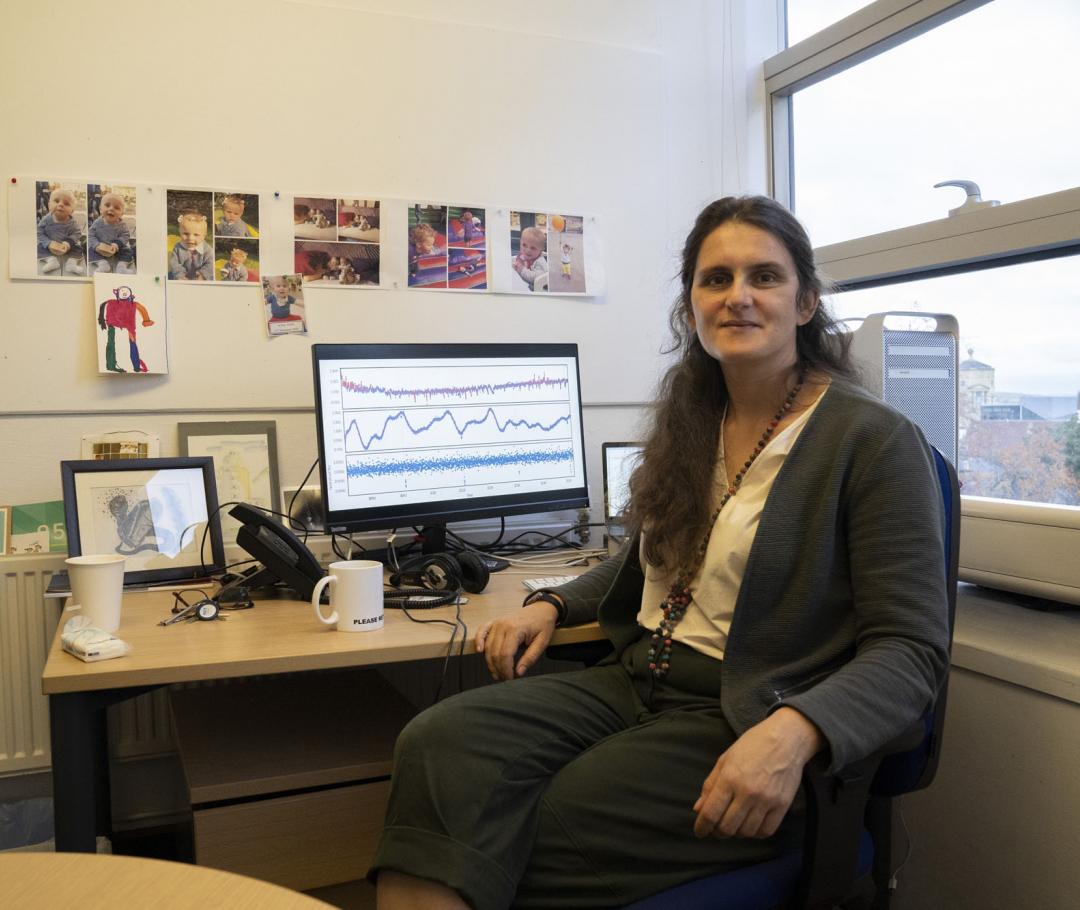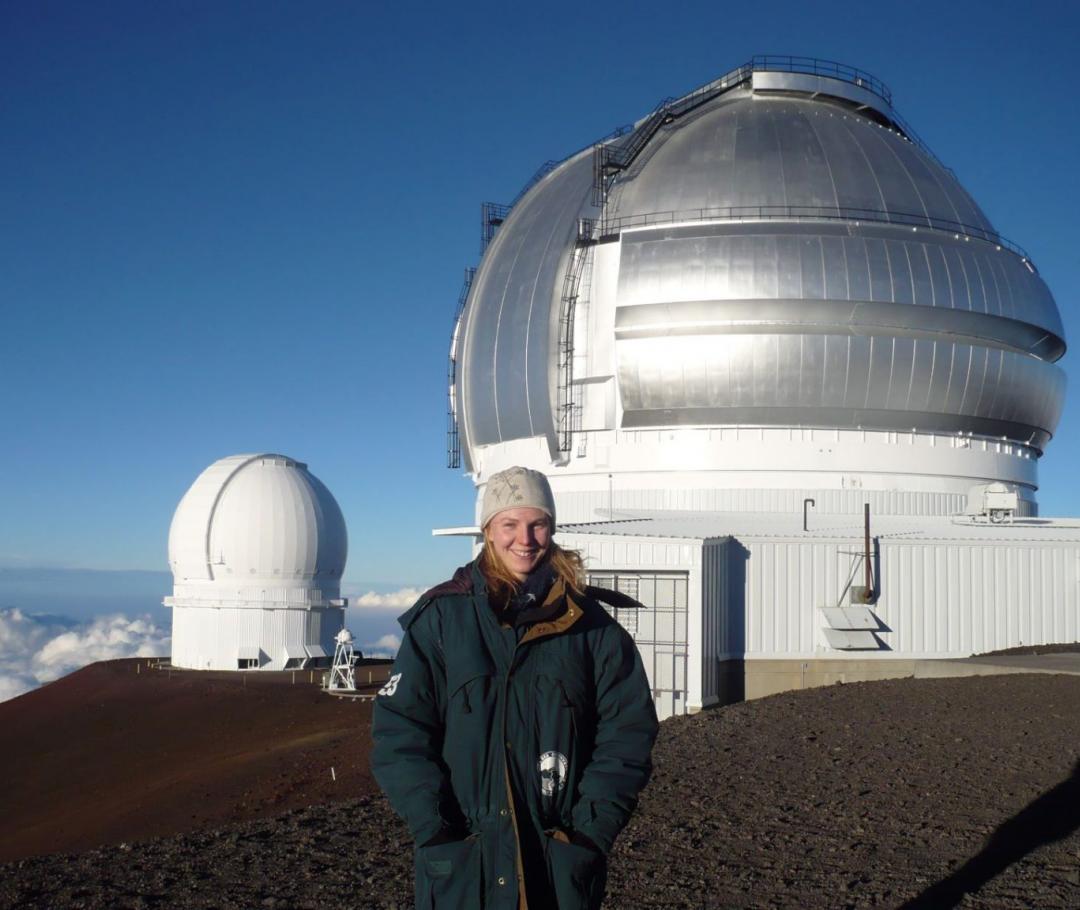Suzanne Aigrain, Professor of Astrophysics
What is your area of research? And why do you find it interesting? I work on exoplanets, that is planets which orbit other stars than the Sun. I find them fascinating because they are both very familiar and relevant – we live on a planet, after all – and very exotic: many of the exoplanets discovered in the last quarter-century are completely unlike the Earth, or indeed any of the Solar System planets. Searching for and studying exoplanets allows me to be part of a great exploratory endeavour, but also helps put our own planet in its cosmic context. I also like the technical challenge: looking for planets involves searching for tiny signals buried in large, noisy datasets – and finding clever ways of doing that is fun.
What is the biggest unanswered question in your field? Is there life elsewhere in the Universe? We might just find out during my lifetime, and every time I have that thought I do a double-take. How amazing!
Who is your favourite female astronomer from the past and why? That’s a tough question, there are so many good choices! I was tempted to pick Henrietta Swan Leavitt, because her work on variable stars echoes with my own interests, and because she was the first early female astronomer I heard of when I was a graduate student. Caroline Herschel is also one of my favourites, because of systematic, meticulous approach to surveying the skies, and her dogged perseverance – she’s the prototypical observational astronomer, irrespective of gender. I remember visiting the house she shared with her brother William in Bath and seeing a letter she wrote to him with the words “last night I popped upon a comet” – that really made me feel connected to her, as I occasionally “pop upon” a planet or two... But actually, I’d like to mention someone a little less well known, who was a contemporary of hers: Louise du Pierry (1746-1807). She was the first female professor at the Sorbonne and taught classes in astronomy specifically aimed at women, as well as publishing a number of original research works of her own. She played a key role in convincing the great astronomical and mathematical minds of her time that women were just as capable of learning, and making useful contributions to, science as their male counterparts.
What do you like to do outside of work? Enjoying the great outdoors, particularly mountains, with my family and friends, and cooking and reading.




